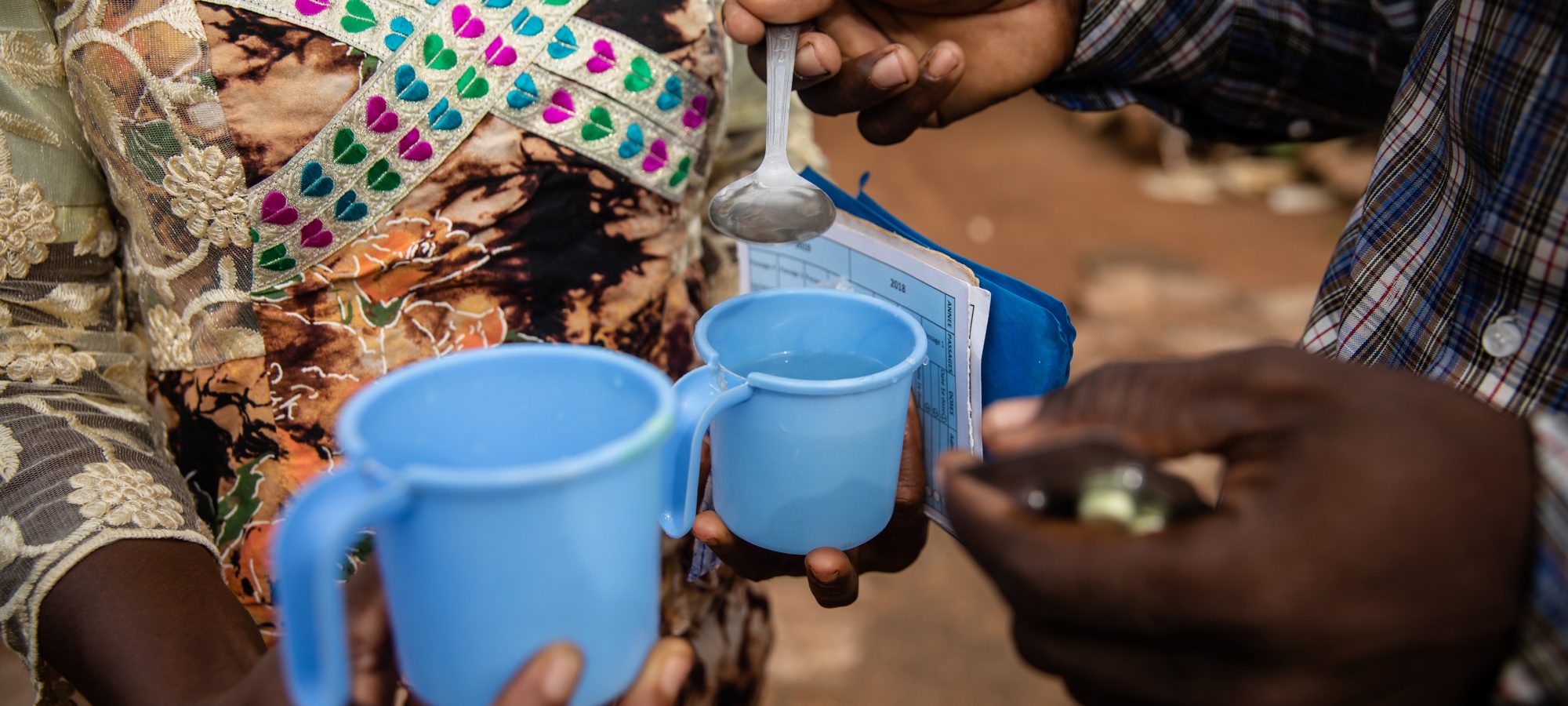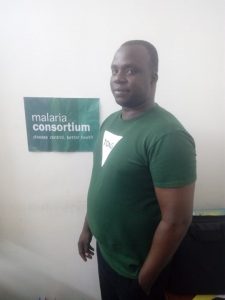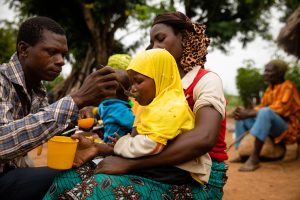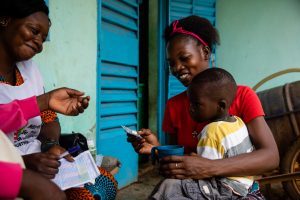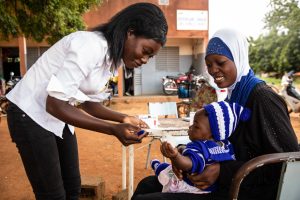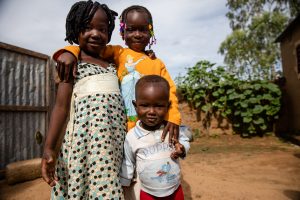We spoke with Barnabé Zongo, a field officer for Malaria Consortium in Burkina Faso, about his experience of preparing for and supervising the delivery of seasonal malaria chemoprevention (SMC) drugs.
Between July and October, the 2019 campaign aims to reach more than 5.5 million children under five across three countries with SMC, which will protect them from malaria during the rainy season.
The SMC medication is delivered in four monthly cycles.
How long have you been working with Malaria Consortium on SMC?
I have been working for Malaria Consortium since 2018. I have worked on two SMC campaigns so far.
What is your role before each monthly cycle of SMC distribution?
In the lead-up to each cycle, I am in regular contact with health facilities to schedule preparatory meetings with health workers and the various teams to map out the technical and organisational aspects of the cycle, so that health facilities have common approaches when it comes to the implementation of SMC. Each district goes through the same process, and these meetings usually take place about one week before the beginning of each cycle. Once these meetings are over, we start the supervision of the cycle.
What is your role during the four SMC cycles?
Each field officer goes to one district and integrates themselves into the on-site supervision programme. We supervise community distributors in the field. So I go to four districts throughout the four cycles. We choose the district we go to in advance, depending on which districts need more support.
We also supervise the work of health workers, including planning and team management aspects, and the supervision and management of drugs.
We then supervise the work of community distributors as they administer SMC, and we observe their level of competency when it comes to interpersonal communication with parents, reporting data on tally sheets, managing the stock of medicines and using of job aids. If we see any issues, we correct community distributors and encourage them to apply this learning directly on the ground with other children, and we monitor their progress. We want them to know it is not just theoretical.
At the end of each supervision day, all the supervisors gather in the different districts they were assigned to. We hold a debriefing session with the main district team and all those who supervised during the distribution, so that all the supervisors know which health centres had issues or deficiencies. Issues are then resolved in agreement with the community distributors in order to improve the administration of SMC in the next days to come.
Why do you think SMC is important?
I have been able to witness the impact of SMC first-hand. Before each rainy season, mothers start asking about dates for the first SMC cycle. Since we started implementing SMC, there have been fewer malaria cases.
What changes have you observed since your first SMC cycle in 2018?
The first positive change is in the way community distributors work. During my first year, I was able to visit two districts. In some cases, instead of taking the time to administer the first dose of sulfadoxine-pyrimethamine and amodiaquine (SPAQ) to children, some community distributors would hand all of the doses to the mothers, and the parents did not take the time to administer the doses because their child felt well. Survey teams would then arrive and the drug tablets would be completely full. This year, however, we are noticing that community distributors are taking the time to implement each step fully.
The second positive change is on the uptake of the second and third doses of AQ. Last year, I observed that even when the community distributors administered the first dose on the first day and gave the rest of the tablets to the mothers, teams of supervisors for the second and third days of the cycle observed that the mothers still had the full tablets in hand and had not given them out to their children. During preparatory meetings, we insisted that the information be given out correctly by community distributors and by town criers during social mobilisations and, compared to last year, there is a very good proportion of uptake of the second and third doses by the children.
Want the latest news on our SMC programme direct to your inbox? Sign up for our quarterly newsletter here.
Click here for more information on our seasonal malaria chemoprevention programme
